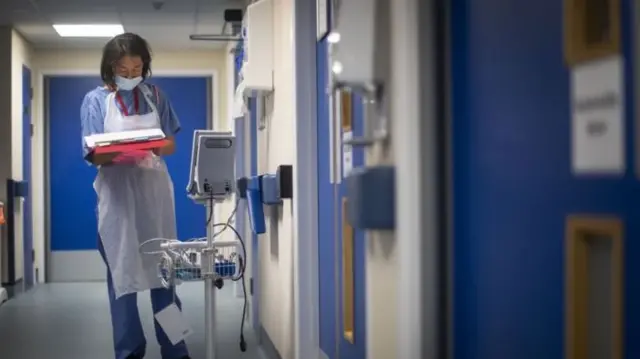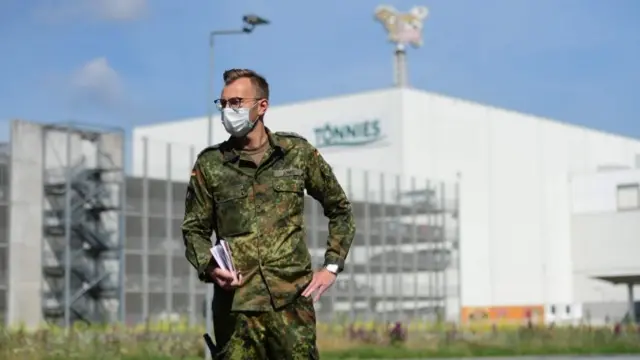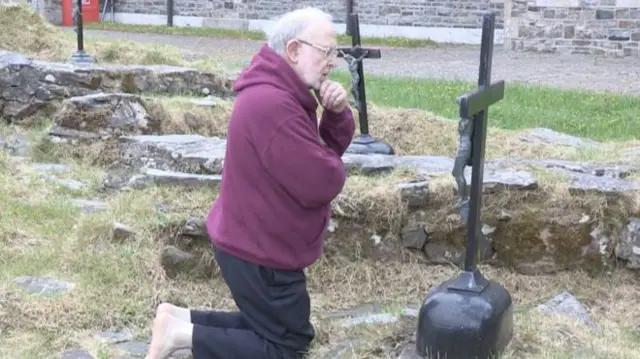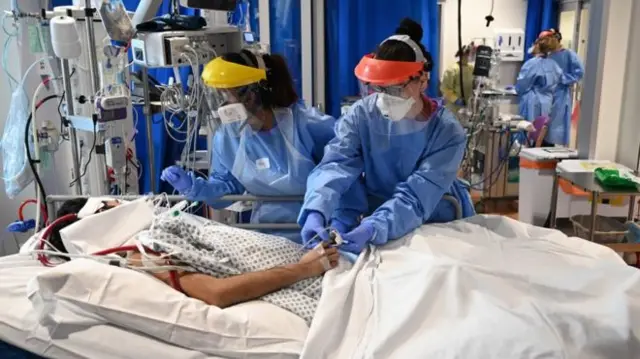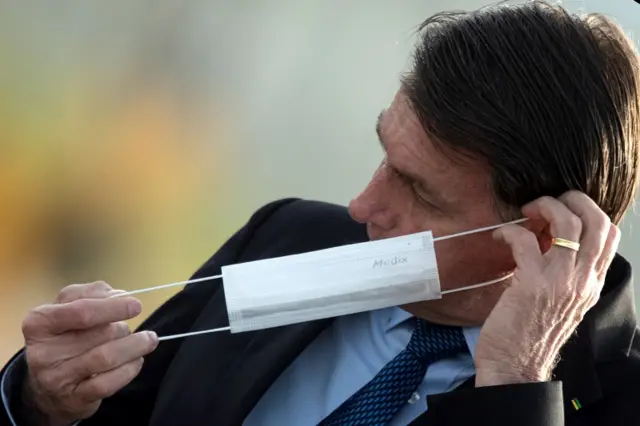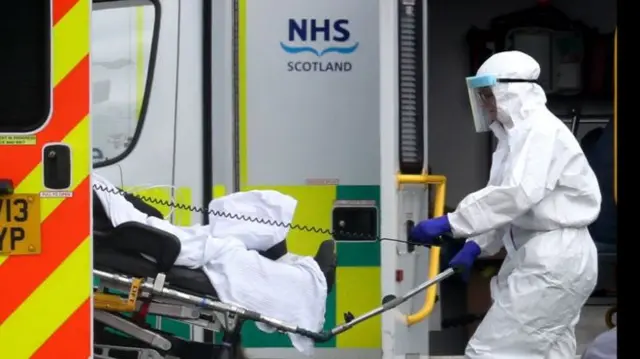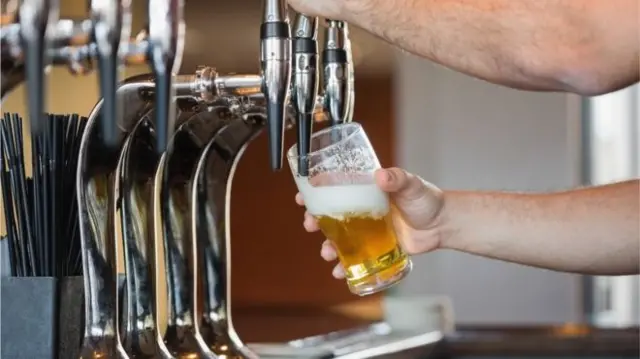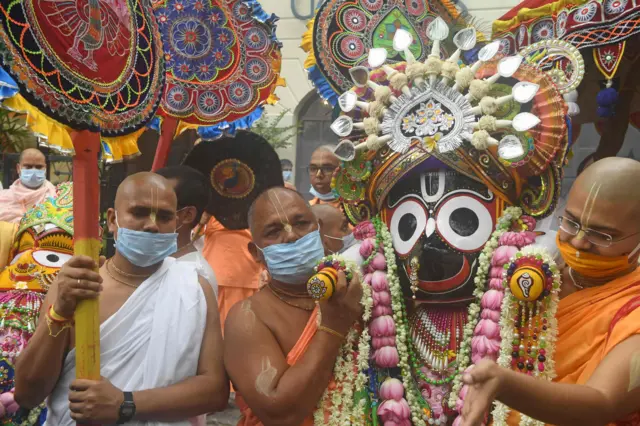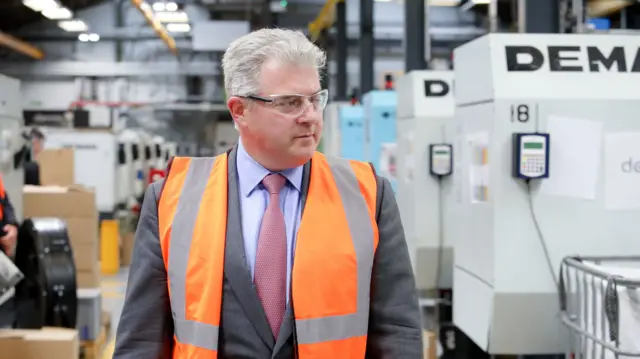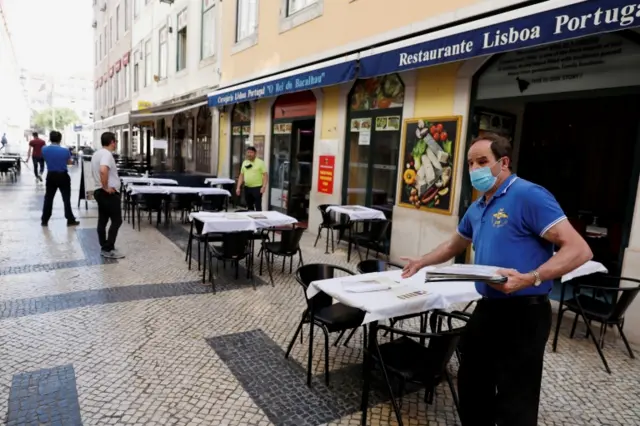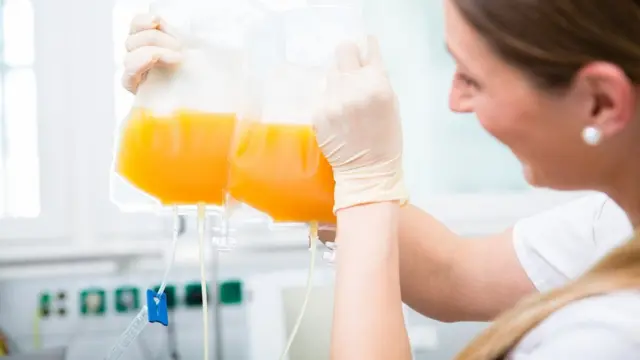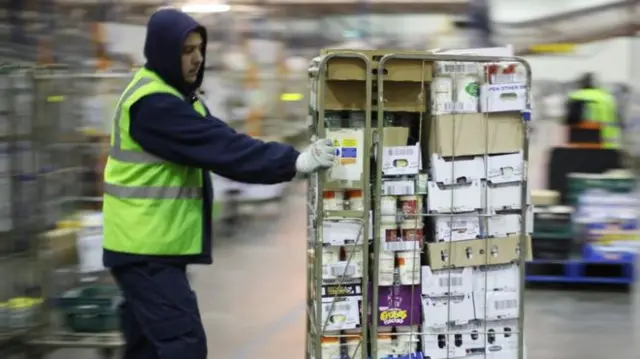'I'm feeling really anxious about reopening'published at 11:34 BST 23 June 2020
 Image source, Lindsey Holland
Image source, Lindsey Holland'I've heard that breakfasts may have to be delivered to rooms, which isn't practical for me as a one-person business,' says Lindsey Holland.
A lot of people will be keenly awaiting Boris Johnson's announcement on England's lockdown today, which could give the hospitality industry the green light to reopen from 4 July.
But how prepared are businesses to reopen with social distancing guidelines in place? The BBC has spoken to a pub, a salon and a B&B.
All point out different things. "I'm feeling really anxious about reopening as I just don't know what's coming," says B&B owner Lindsey Holland from Gloucestershire.
She worries that the social distancing rules may make it impossible to run the B&B on her own, as she normally does.
Meanwhile Simon Daws, who runs a pub in Cheltenham, says he's not confident that reopening will be a success.
"We really need more notice than a couple of weeks to get the right beer in and get staff back from furlough, but we want people to come back to the pub."
